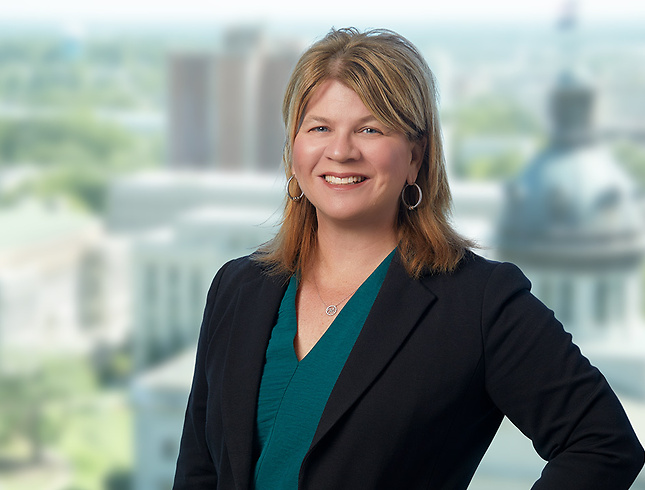With the increased focus on foreign language programs-particularly the popularity of immersion programs in which the foreign language is used for instruction rather than as the subject of instruction-schools districts are increasingly turning to foreign nationals in order to fill employment needs. There are other hard-to-fill positions in school districts where foreign national hires are more prevalent as well. While positions such as teachers normally qualify for H-1B visas, the uncertainty surrounding whether a petition will be selected in the annual 85,000 H-1B visa lottery (20,000 of which are reserved for positions requiring a U.S. Master's Degree) has led many districts to look to create immigration strategies. A new regulation that went into effect in January 2017, which we discussed more generally in a previous article, qualifies some school districts for exemption from the H-1B cap. The new regulation allows qualifying districts to bypass the lottery, avoid timing constraints of cap-subject petitions, and feel more comfortable about their future staffing needs.
How a District Qualifies:
H-1B cap-exempt employers include institutions of higher education and nonprofit entities, nonprofit research organizations, and governmental research organizations related to or affiliated with an institution of higher education. The January 2017 regulation permits nonprofits, nonprofit research organizations, and governmental research organizations to demonstrate their affiliation with an institution of higher education by entering into a formal written affiliation agreement. The agreement must establish an active working relationship with the institution of higher education for the purpose of research or education and a fundamental activity of the affiliate must be to directly contribute to the research or educational mission of the higher education institution. The exemption also applies to the organization as a whole, meaning the employer can use its cap exemption for any H-1B eligible position, not just one whose duties directly relate to the affiliation with the institution of higher education.
Most school districts are government units with tax-exempt status, and USCIS has recently supported the position that government units may be treated as non-profit entities because of their tax-exempt status as designated by the IRS.
Some districts seek to demonstrate their affiliation with institutions of higher education through "Dual-Enrollment Agreements." In these agreements, the institution of higher education typically agrees to accept courses completed by the school district's high school students as credit towards a college-level degree.
Why it Matters:
The H-1B visa provides both employers and foreign nationals distinct advantages over other visas. Unlike most visas, the H-1B permits "dual intent." Dual intent means an employee can apply for permanent residency (commonly referred to as a "green card") without fear of violating his or her nonimmigrant status. The H-1B visa is a good gateway visa that employers often use as a springboard to employ foreign nationals on a permanent basis. The J-visa - a common immigration alternative for teaching positions - does not provide for dual intent and could present difficulties when attempting to transition to permanent residence. Additionally, some foreign nationals on a J-visa may not be able to obtain permanent residence immediately if they are subject to a two (2) year home residency requirement which requires them to return to their home country for two (2) years before changing status or seeking a green card, unless the residency requirement is successfully waived.
The potential to transition foreign national employees to permanent residence provides continuity in staffing. Employers can also save money over time by hiring an employee permanently rather than constantly having to recruit and train new employees.
Conclusion
If school districts have qualifying agreements with a college or university, they should seriously consider the H-1B program. The H-1B program has the potential to not only save the district money, but also to provide stability with the continued employment of staff.
- Partner
Melissa Azallion Kenny is the Chair of the firm’s Immigration practice group. She has more than 20 years of experience advising clients on business immigration and labor and employment law issues. Ms. Kenny represents clients in ...
- Partner
Jon Eggert has experience assisting and advising clients on business immigration and labor and employment issues in a wide range of industries, including higher education, healthcare, hospitality, and manufacturing.
His ...


